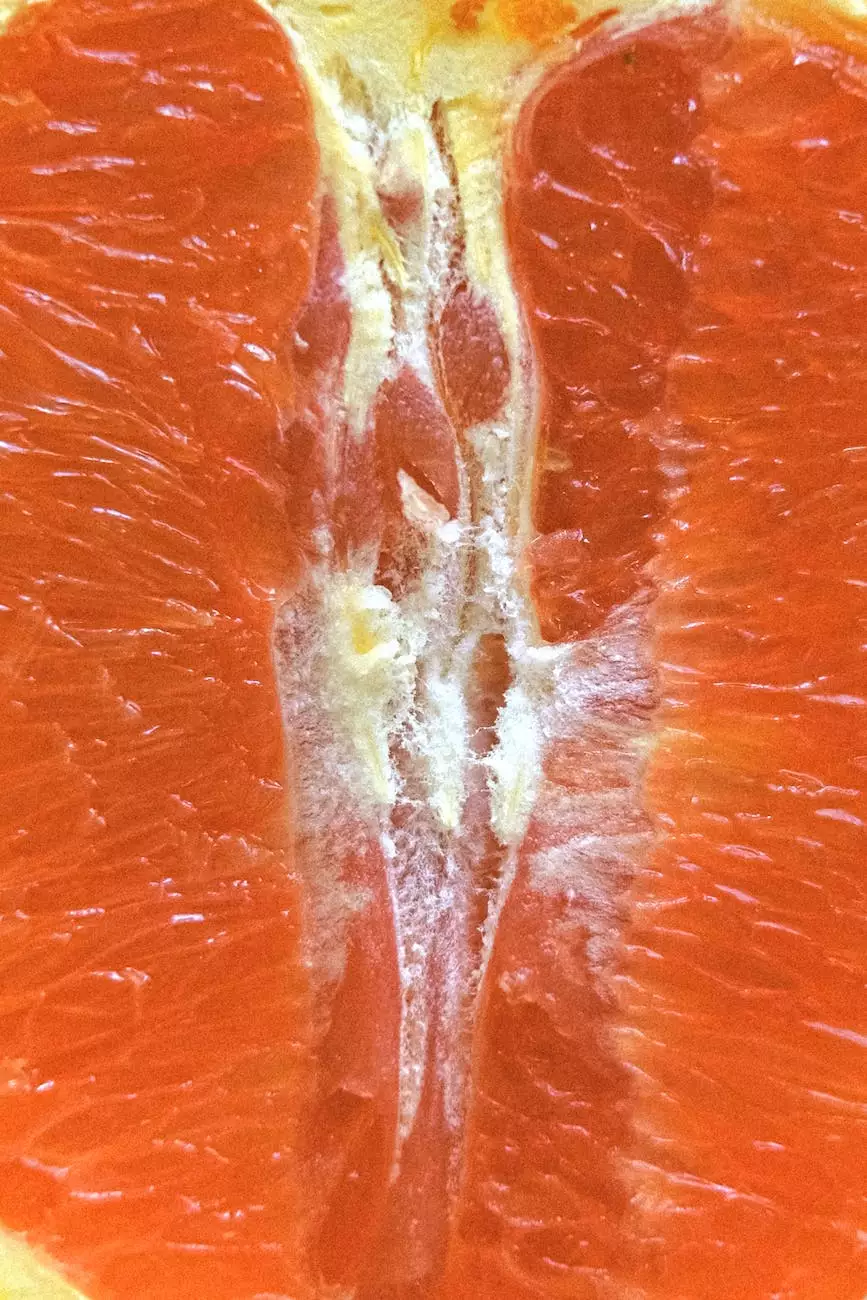Food Allergies - Understanding and Managing Them
Wellness Life
Introduction
Welcome to 1Body4Life, your trusted source for valuable health information. In this article, we will delve into the topic of food allergies, exploring their symptoms, causes, diagnosis, and treatment options. Our goal is to provide you with comprehensive knowledge that helps you manage your food allergies effectively.
What are Food Allergies?
Food allergies are adverse immune reactions triggered by specific food proteins. When someone with a food allergy ingests the allergen, their immune system mistakenly identifies it as harmful and releases chemicals that cause allergic symptoms. Common food allergens include peanuts, tree nuts, milk, eggs, wheat, soy, fish, and shellfish.
Symptoms of Food Allergies
Food allergies can manifest in various ways and vary in severity. Immediate symptoms may include:
- Anaphylaxis: An acute, life-threatening allergic reaction that requires immediate medical attention. Symptoms may include difficulty breathing, swelling of the throat, rapid pulse, dizziness, and loss of consciousness.
- Hives and Rash: Raised, itchy welts on the skin that appear shortly after consuming the allergen.
- Digestive Issues: Abdominal pain, nausea, vomiting, diarrhea, or constipation.
- Respiratory Problems: Wheezing, coughing, shortness of breath, or nasal congestion.
Delayed symptoms may also occur, such as eczema, chronic digestive issues, or recurring respiratory problems. It's essential to consult a healthcare professional for an accurate diagnosis if you suspect a food allergy.
Causes and Triggers
The exact cause of food allergies remains unknown, but certain factors contribute to their development:
- Genetics: Individuals with a family history of allergies or asthma have an increased risk of developing food allergies.
- Immune System Dysfunction: An overactive immune response may play a role in food allergies.
- Early Introduction of Allergenic Foods: Introducing certain allergenic foods too early to infants might increase their risk of developing allergies.
- Environmental Factors: Pollution and exposure to allergens in the air may contribute to the development of food allergies.
Diagnosis of Food Allergies
If you suspect a food allergy, it's crucial to consult an allergist or immunologist for a proper diagnosis. The diagnostic process may involve:
- Medical History: The healthcare professional will inquire about your symptoms, their timing, and any potential triggers.
- Skin Prick Test: A small amount of allergen extract is placed on your skin, and a tiny needle prick allows it to penetrate. If you're allergic, a small itchy bump will develop at the site.
- Blood Tests: Blood samples can measure the levels of specific antibodies related to allergic reactions.
- Oral Food Challenge: Under medical supervision, you may consume gradually increasing amounts of the suspected allergen to confirm the allergic response.
Treating Food Allergies
Currently, there is no cure for food allergies. However, effective management strategies are available to minimize the risk of exposure and alleviate symptoms:
- Avoidance: Identifying and avoiding allergenic foods is key to preventing allergic reactions. Read food labels carefully and be aware of cross-contamination risks.
- Emergency Medications: Individuals with severe allergies should carry epinephrine auto-injectors (such as EpiPen) to quickly treat anaphylactic reactions.
- Education and Support: Gain a solid understanding of food allergies through educational resources, support groups, and consultations with healthcare professionals.
- Allergen Immunotherapy: In certain cases, allergen immunotherapy may be considered to desensitize the immune system gradually.
Conclusion
Food allergies can significantly impact your quality of life, but with the right knowledge and management strategies, you can lead a healthy, fulfilling life. At 1Body4Life, we hope this comprehensive guide has provided you with valuable insights into understanding and managing food allergies effectively.
Remember, always consult with qualified healthcare professionals for personalized advice and guidance tailored to your specific needs.










